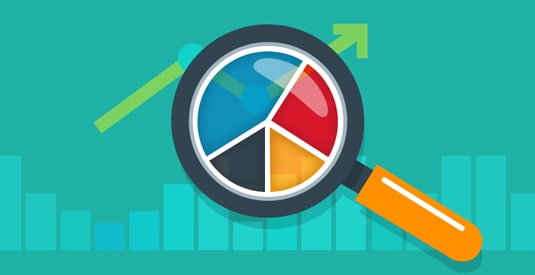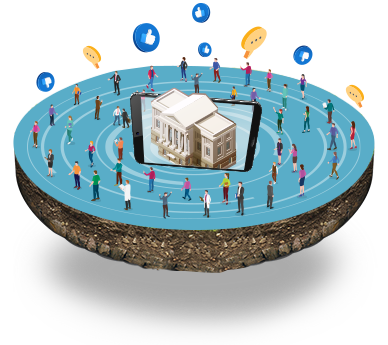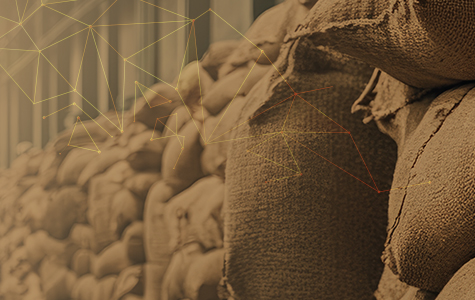
Data has always been the key for all organizations. Data Analytics has been changing the bottom line for businesses for quite some time. Now that more companies are mastering their use of analytics, they are delving deeper into their data to increase efficiency, gain a greater competitive advantage, and boost their bottom lines even more. Global organizations collect and analyze data associated with customers, business processes, market economics or practical experience. In today’s market, organizations believed in categorizing, storing and analyzing data to study market trends and pattern. As we have moved from data automation to data analytics, the ever-growing database facilitates decision-making. Data Analytics provides an extensible analytical platform to drive the business in the right way by proper decision making.
If you browse, there is no single technology that encompasses data analytics. Data analysis is a part of a larger process of deriving business intelligence. How this multi-step process works:
What Do You Want: Data analysis should start with a definite objective like how the analysis is going to help your business.
Data Collection: Relevant data must be collected from the appropriate sources to derive a conclusion. Data collection through surveys is an effective way. Raw data may be collected in several different formats. The collected data must be cleaned and converted so that data analysis tools can import it.
Data Analysis: This is the step where the cleaned and aggregated data is imported into analysis tools. These tools allow you to explore the data, find patterns in it, and ask and answer what-if questions.
Conclusion: The last step where the conclusion to the data gathered is made for appropriate decision making. These conclusions and predications may then be summarized in a report delivered to end-users.
As data analysis helps in evaluating data using analytical and statistical tools to discover useful information and aid in business decision making. The process of analyzing data is too manifold such as data mining, data management, machine learning, text mining and Hadoop.
Data mining technology examine large amounts of data to discover patterns in the data and later use the information to answer complex business questions. This helps in sanitizing the chaotic and repetitive noise in data and scoops out the relevant ones and uses that information to assess likely outcomes, and then accelerate the pace of making informed decisions.
Machine learning as a part of Artificial Intelligence (AI) helps in analyze bigger and complex data in a stipulated time frame and provide accurate results. This in return helps an organization to identify profitable opportunities by avoiding risks.
Hadoop: This open-source software framework can store large amounts of data and run applications on clusters of commodity hardware. It has become a key technology to doing business due to the constant increase of data volumes and varieties, and its distributed computing model processes big data fast. An additional benefit is that Hadoop's open-source framework is free and uses commodity hardware to store large quantities of data.
Text Mining: Text Mining is also known as Text Data Mining helps in analyzing text data from the web. Thus, make the information contained in the text accessible to the various algorithms. Text mining uses machine learning or natural language processing technology to comb through documents – emails, blogs, Twitter feeds, surveys, competitive intelligence and more – to help you analyze large amounts of information and discover new topics and term relationships.

























































We will verify and publish your comment soon.